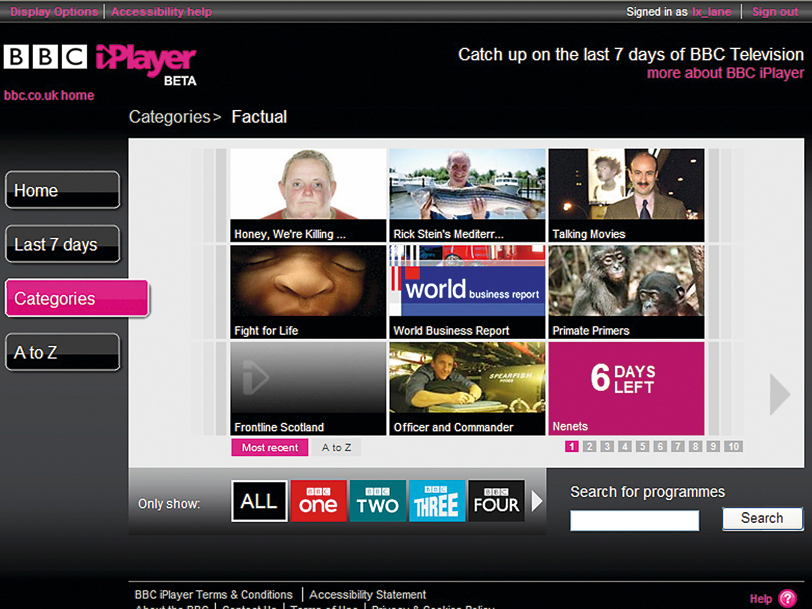BBC: IPTV is at the heart of our plans
Project Canvas man talks about the future

IPTV and on-demand are 'at the heart' of the BBC's plans, according to one of the senior figures behind the high-profile Project Canvas.
Speaking at the IPTV World Forum, Richard Halton, the Director of Programmes for BBC IPTV, talked about Project Canvas providing simple standards that would bring together the many different IPTV formats.
"It's an incredibly timely opportunity to speak about IPTV," said Halton.
"The BBC launched before Christmas a range of proposals designed to help UK PSB's and others within the industry in what, for all of us, is a very difficult climate.
"For us at the BBC, with a protected, fixed income, it is wildly different and we are in a far better place than many people so we see it as part of our role and duty to share the services that we have in our structure to other companies and particularly in this area with the other public service broadcasters."
Early Christmas present?
He continued: "Just before Christmas we launched a range of proposals by which we wanted to support innovation in digital production, distribution and content exploitation using innovations that we had already made or were about to make and share this with other organisations.
Get daily insight, inspiration and deals in your inbox
Sign up for breaking news, reviews, opinion, top tech deals, and more.
"One of those proposals was the idea that we work across the industry with public service broadcasters, with content owners, with networks and with consumer electronics companies to develop simple standards that would allow the rapid adoption of connected TV in this country."
Heart of Auntie
Halton insisted that the BBC is throwing its weight behind IPTV not only because of the success of the iPlayer, but also through the massive impact it has had through Virgin Media's cable service," added Halton.
"For the BBC we are putting on-demand and internet connectivity absolutely at the heart of our broadcasting.
"We've also taken steps to move this from the PC to the television set, and not surprisingly we've had audiences adopting IP delivered content to the television set even more so than to the PC.
"The BBC iPlayer on Virgin Media only launched in May so it's been around for most of the year but already represents over a quarter of all the BBC content provided by IP.
"When you bear in mind that Virgin Media's service is only in 3.5 million homes in the UK this is an extraordinary achievement."
Limiting innovation?
TechRadar asked Halton if there were fears that by setting standards in the fast-moving world a Project Canvas box might actually end up quashing innovation by nailing things down too early.
"I think that that nature of standards in this space means there has to be respect for the fact we don't have an engineering business, we're not making money from it so there is no interest in setting a high specification or making it over-specified. So the Project Canvas specifications have as light a touch as possible.
"Secondly [we need to] set standards in a way that don't try to determine technology outcomes.
"I think this industry has been successful because it is constantly innovating technologically and setting standards in a way that set expectations of functional requirements rather than trying to pick winners from the technology space which is a terribly difficult thing to do."
Patrick Goss is the ex-Editor in Chief of TechRadar. Patrick was a passionate and experienced journalist, and he has been lucky enough to work on some of the finest online properties on the planet, building audiences everywhere and establishing himself at the forefront of digital content. After a long stint as the boss at TechRadar, Patrick has now moved on to a role with Apple, where he is the Managing Editor for the App Store in the UK.
